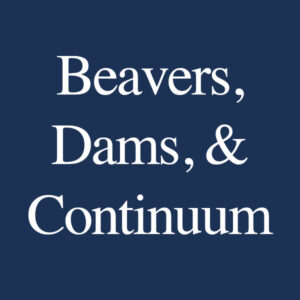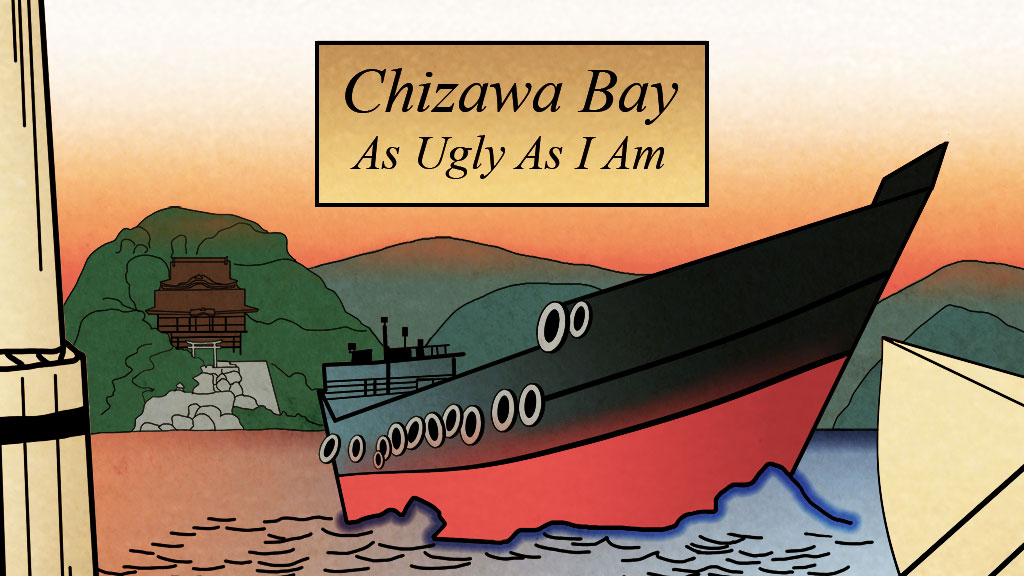
A beaver is not taught, instructed or shown what a dam is, what it’s for, or how to build one. Upon birth a beaver knows everything there is to know. This is not fiction. Lars Wilsson first observed this phenomenon in his work, My Beaver Colony (1968). Wilsson’s experiments were the first of their kind. He was able to demonstrate that beavers, who were completely separated and segregated from their families at birth, were instinctively able to build dams independent of any influence. It was the early days of beaver research and even now we still don’t understand how they’ve come into the world with full knowledge of all they have to do. The best guess is that the sound of rushing water triggers ancient memories in their minds which sets them upon their task.
For better or worse, humans are not beavers. Everything in our lives has to be taught and shown to us. We can’t build dams on our own. But yet, we too have been gifted a kind of eternal knowledge. It’s a rather impractical knowledge that has created a considerable amount of uncertainty and angst. Humans have a profound sense of an everlasting continuum. We inherently know that life came before us and that there will be life long after we’ve departed. We are also cognizant that our time on earth is limited. That even after we expire as individuals, the world will keep spinning. We are each just one minuscule blip on the radar of eternity. A beaver knows how to build a dam. We know that life is without end.
There are plenty of fascinating tidbits that separate the animal world from the human’s. Whether it’s tool making or the gift of reason, humans have placed themselves on a pretty high pedestal. There are roughly 5,000 years of recorded history. And before that, runes and paintings and scrawl marks of unknown age documented our stories. Across all of that time and language there is a constant. A conundrum that the greatest and lowest among us have wrestled with. The prickly issue of mortality. The latest estimate puts the number at 108 billion human lives that have started and stopped on earth. It’s always difficult to relate personally to such massive figures. It is impossible to take those 108 billion lives and consider them each in turn. But some innate force within us acknowledges that all the life that came before us is a part of us now. And that when we transpire, we will become part of humanity’s future.
What good is there in having such knowledge? Well, as contrary as our behavior appears at times, this knowledge is what preserves us. The idea that life must go on and that we must contribute to that effort drives our evolution. We take for granted and often act in opposition to our own best interests. Yet we all know, buried deep within, we must take care of ourselves and each other. Beavers inherently know how to build dams to control the flow of water. The redirected flow allows them to construct little island fortresses which keeps them safe from predators. It’s that important to their continued survival. And we humans connect ourselves to the lives before and the lives to come. This is the means by which we protect ourselves and ensure our survival. It is one continuous life. It is very precious and the only life we have to live.

